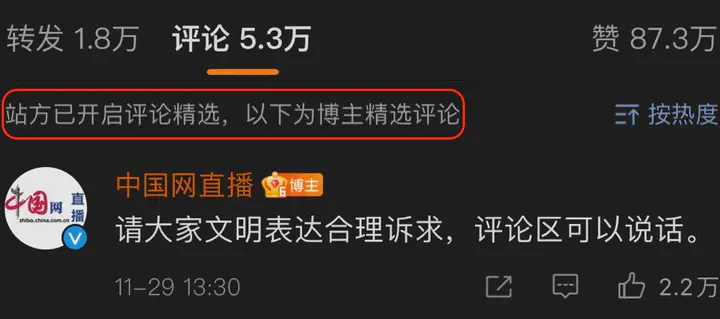Gaslighting: Comment Moderation on Chinese Social Media
 Image credit: Unsplash
Image credit: Unsplash
Abstract
In this study, we examine the moderation of comment sections by government-affiliated accounts on Sina Weibo, a popular social media platform in China. While previous research has examined the separate strategies of censorship and propaganda used by authoritarian regimes to control information, our work aims to bridge the gap by examining the intersection of these two tactics in China. Specifically, we focus on how government-affiliated accounts use propaganda content and censor undesirable comments under their posts. We utilize a unique, high-frequency dataset and conduct two survey experiments to answer three research questions. First, why and when government-affiliated accounts choose to moderate their comment sections? Second, what are the causal effects of comment section censorship on remaining content and user engagement. Third, how does comment section moderation influence public opinion by altering second-order beliefs.